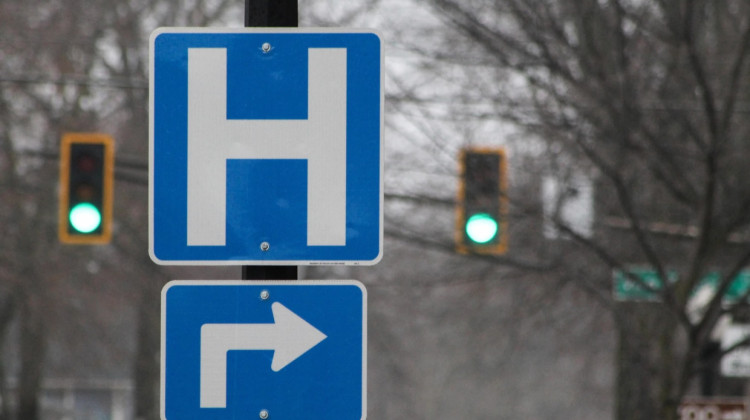A new lawsuit is challenging Indiana’s work requirements for the state’s Medicaid expansion program, HIP.
This the fourth federal lawsuit to stop these provisions. Medicaid work requirements have been struck down in three other states.
Indiana’s Gateway to Work Program launched at the beginning of this year and people had to start reporting work, school or volunteer hours in July.
The National Health Law Program and Indiana Legal Services filed the suit. Director of advocacy at Indiana Legal Services, Adam Mueller says the complaint includes four Hoosiers on HIP.
"We are hoping to help these folks now, before it becomes a problem," says Mueller, "before they could face a potential suspension in coverage."
READ MORE: Indiana Medicaid Begins Work Requirement Program
HIP members will be required to report 80 hours a month by January 2020. There are a number of exemptions including caregivers or medically frail individuals.
In a written statement, Gov. Eric Holcomb says Indiana’s program is different. He says it includes, “supports and pathways to ensure Hoosiers can easily skill up, volunteer in their community, or get a better paying job.”
Mueller says the plaintiffs have experienced difficulties with HIP lock outs and premium payments.
"We have folks that have been hurt by certain provisions of HIP that wouldn’t be hurt otherwise," says Mueller.
In the statement, Holcomb says Indiana’s program is a national model.
Contact Jill at jsheridan@wfyi.org or follow her on Twitter at @JillASheridan.
 DONATE
DONATE








 Support WFYI. We can't do it without you.
Support WFYI. We can't do it without you.